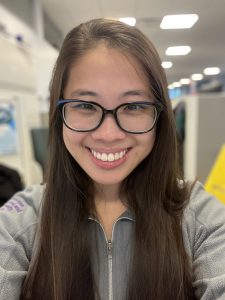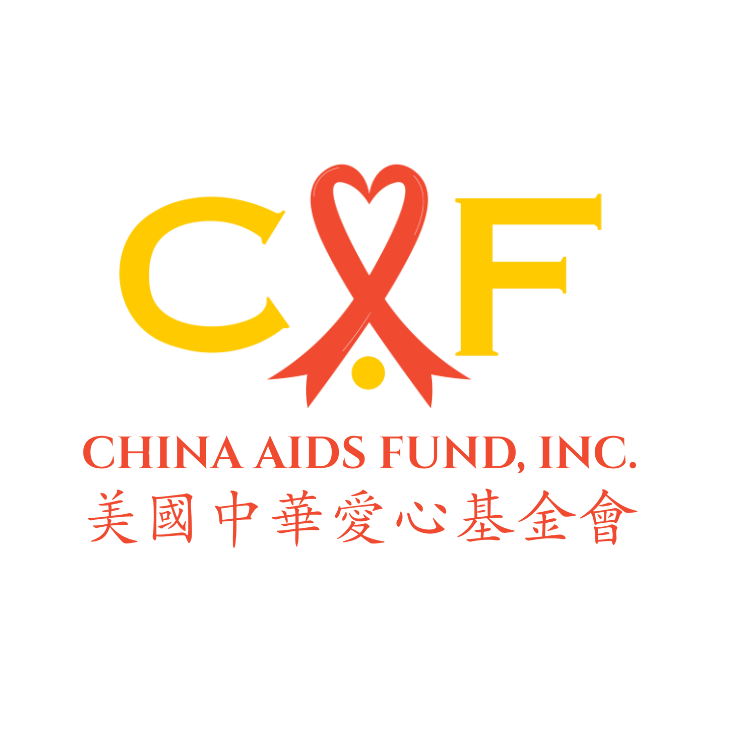AAYP 2016 Youth Ambassadors Scholarship

Hui Xian (Anna) Liu
Labeled as “fresh off the boat” and surrounded by family who speaks Chinese, people would assume that I struggled with learning English, but that was not the case. I went to school and learned English, just fine. I interacted and communicated with my friends in English, just fine. English became more prevalent at home; it began to dominate even the shortest of conversations and occupy every corner of my brain, as I dove deeper into the language. Its building blocks lingered on my walls, printed all over my homework, my papers- everything. I wanted to be “Americanized” so I could fit in with the other students, but in doing so I began to lose a part of me that defined who I was: my first language. Its faint presence that remained in the back of my English cluttered mind throbbed for attention. I didn’t graduate Chinese school like my older sister. I wasn’t as fluent as others. Its existence became a burden. It felt impossible to constantly lift its weight and as the days go by, it got heavier and heavier.
I did not want to vocalize this problem for a long time, but once I started working as a teen health educator at the Charles B. Wang Community Health Center in Chinatown, I finally could not shrug it off. I became a part of a small community that assisted the working class in breaking cultural issues, taboos and language barriers. I spend hours talking about safe sex and family planning with other Asian American youth, along with facilitating various health-oriented workshops. While talking about personal topics like safe sex became a breeze, it was a shame that I could not talk to new immigrants because I could not speak fluent Chinese. I spent so much time trying to fit in and “Americanize” that I lost a crucial part of who I was without even realizing what I lost until now. I was not just fine speaking my first dialect with my parents or even co-workers, knowing that I have to rely on simple English terms in order to get my point across or the fact that words of another dialect are integrated into my speech.
It has been little over a year and a half since I have been part of the team of health educators. I am still slightly nervous about giving a workshop or facilitate a program in purely Chinese, but my Chinese improved when I tried harder to talk to my mother and friends more frequently in Chinese. Looking back to see the progress I’ve made, I have come to an understanding of who I was just from language and where I fit as an Asian American in New York.
Nowadays adolescents feel the need to conform to the social norms to fit in, make friends and be accepted by others. That is not necessary. Knowing how important someone’s native language can play a part in someone’s identity. I want to help other young people just like myself by starting a language buddy program at community centers as a start to learning more about self-identity, feeling empowered and embracing themselves for who they are. I want them see themselves for who they truly are and that they are not alone. I want to create a space that is comfortable, inviting and safe for discussion. In a month, I will be facilitating a program for young adults, not just Asian-American youth. Giving them the space to develop psychologically and professionally, I want them to connect to one another, learn from one another and establish their own individuality. Through their projects of coordinating community events for teens and publishing multiple newsletters, they have more than just one platform to express who they are.
